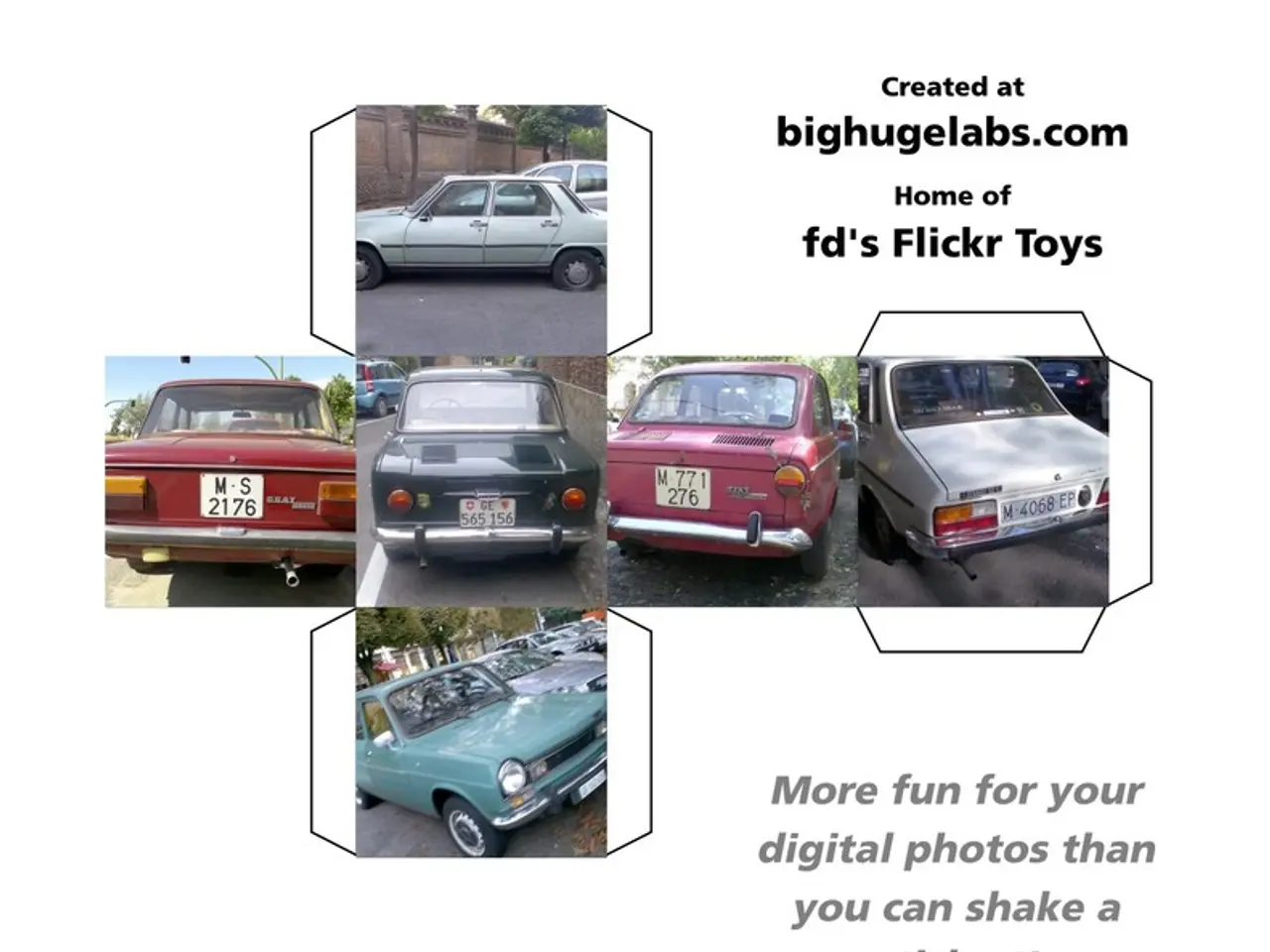The Consumer's Decision to Adopt Electric Vehicles Depends on Charging Speeds
In a recent study, data on net battery capacity and charging time was collected from compatible chargers to evaluate the performance of various electric vehicle (EV) models in terms of charging speed.
The findings revealed a significant difference between the maximum and average charging speeds of BEV models, with charging speed being crucial for consumer adoption and willingness to purchase electric vehicles. The report excluded fuel cell electric vehicles (FCEVs) due to technological differences.
Automakers like Chang'an, Tata, SAIC, and others faced challenges in terms of charging speed, as their popular BEV models primarily support home charging. Models like the Chang'an Lumin BEV, for instance, feature a weak 2 kW onboard charger, requiring long charging times of 6.5 to 8.8 hours for a full charge.
On the other hand, the manufacturer with the fastest average charging speed for electric vehicles in 2022 was the Chinese company Xpeng. Its large SUV model G9 could achieve an average charging power of around 330 kW, allowing the battery to gain about 30 kilometers of real range per minute of charging.
Tesla and Hyundai-Kia followed closely, with Tesla having the highest average fast charging speed at 172 kW, and Hyundai's IONIQ 5 supporting fast charging up to 350 kW and having an average charging speed of 169.4 kW. Other automakers, including those headquartered in Europe, two U.S.-based manufacturers, BYD, Toyota, and Geely, had average charging speeds ranging from 65 kW to 98 kW.
SAIC ranked the lowest with an average charging speed of 18 kW, mainly due to the limited charging capability of its best-selling Hongguang Mini. Renault also lagged behind with an average charging speed of 38 kW, largely due to a lack of fast-charging capabilities and a slow charging speed of its top-selling model.
The report emphasized the need for automakers to improve the average charging speeds of their models, especially for long-distance travel scenarios. By investing in faster charging technologies, manufacturers can enhance the overall attractiveness of their BEVs and contribute to the wider adoption of sustainable transportation options.
The analysis emphasized charging time as a crucial factor in the appeal of BEV models' charging options. In cases where net battery capacity information was unavailable, a regression analysis was used to estimate the gross battery capacity. The charging speed calculation accounted for both normal chargers (Level 2) and fast chargers (DC) with varying power ratings.
The report showcases substantial variations in sales-weighted average charging speeds among automakers, adopting a sales-weighted approach to evaluate the average charging speed of BEV models. The study underscores the importance of rapid charging infrastructure and technology advancements in the EV industry.
Read also:
- Peptide YY (PYY): Exploring its Role in Appetite Suppression, Intestinal Health, and Cognitive Links
- Toddler Health: Rotavirus Signs, Origins, and Potential Complications
- Digestive issues and heart discomfort: Root causes and associated health conditions
- House Infernos: Deadly Hazards Surpassing the Flames








